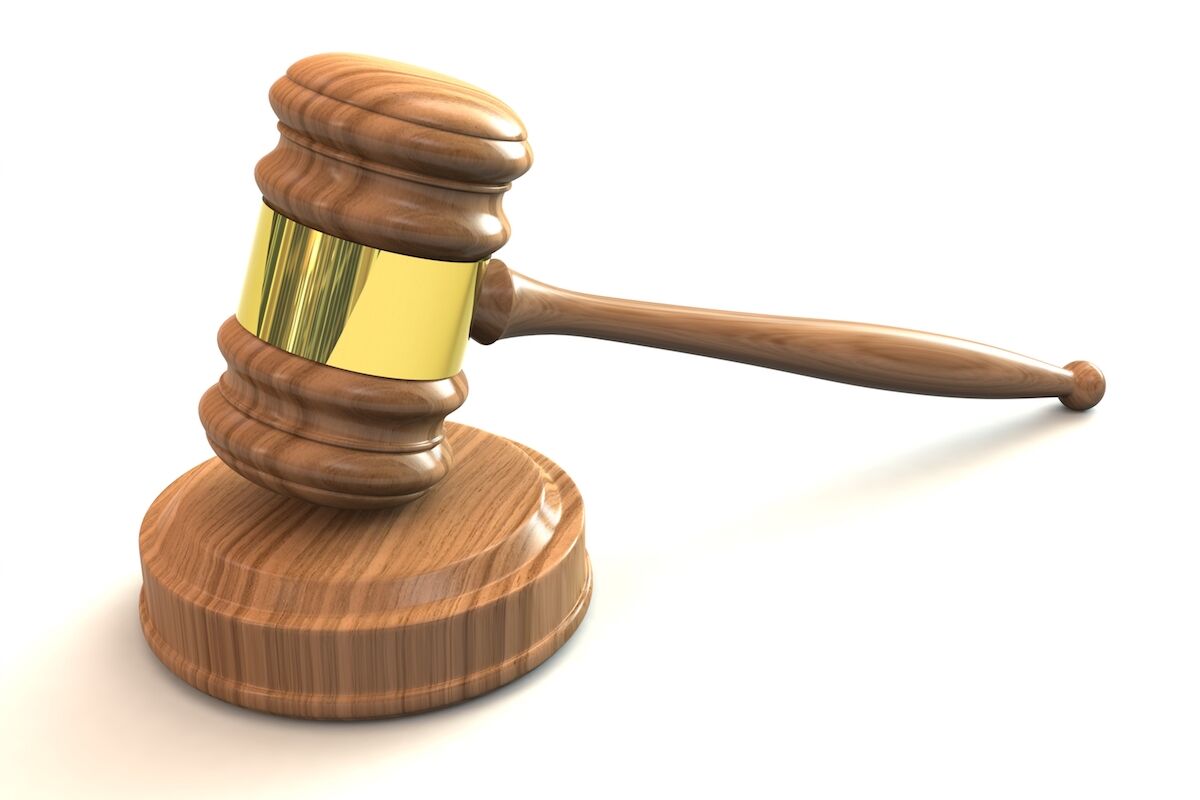The first court devoted exclusively to resolving art law disputes is opening in The Hague.

Image by Chris Potter, via Wikimedia Commons.
When the Court of Arbitration for Art (CAfA) opens in The Hague April 1, it will become the world’s first court devoted to handling legal disputes involving art. The tribunal plans to mediate cases involving everything from authenticity and restitution disputes to intellectual property and copyright claims, and cases that revolve around ownership and contract disagreements. By appointing industry experts to provide evidence and opinions on the cases it mediates, CAfA hopes to help set standards and legal precedents that hold weight throughout the global art market. However, parties in cases decided by the tribunal can stop the court from publishing the court’s decision, undercutting its aims of authority and transparency.
William Charron, the art lawyer who founded CAfA, told The Art Newspaper:
The market values anonymity but the objective was to have a tribunal that the market would accept. So we struck a balance in a default rule to publish but keep party names anonymous. [But] if we force parties to agree to publish, then we could lose parties to whom CAfA might be useful [...]. We view it as important to publish, but all that CAfA can do is provide a path for parties to follow that rule.
CAfA’s operations will be very different from the proceedings of a conventional court. Its judges will be experts with extensive art law experience; its hearings can take place anywhere; and it will provide its own expert to present evidence relative to each case, rather than relying on plaintiffs and defendants to hire their own. The tribunal is in the process of screening and vetting over 100 applicants to be mediators and arbitrators.

No comments:
Post a Comment